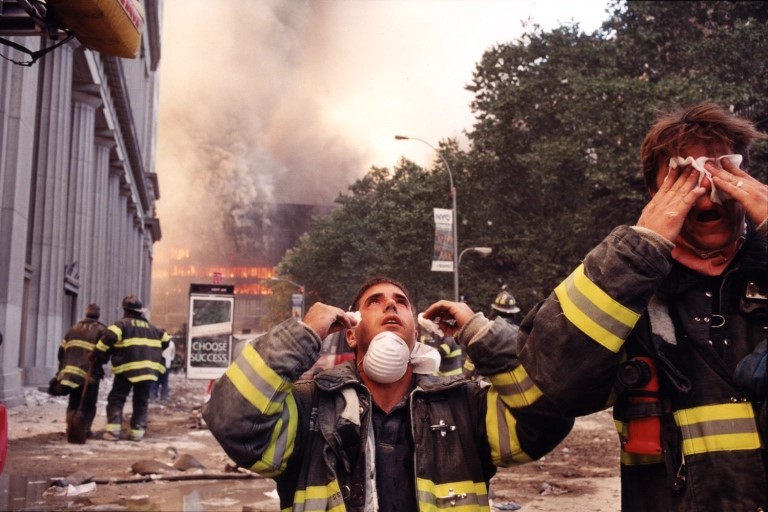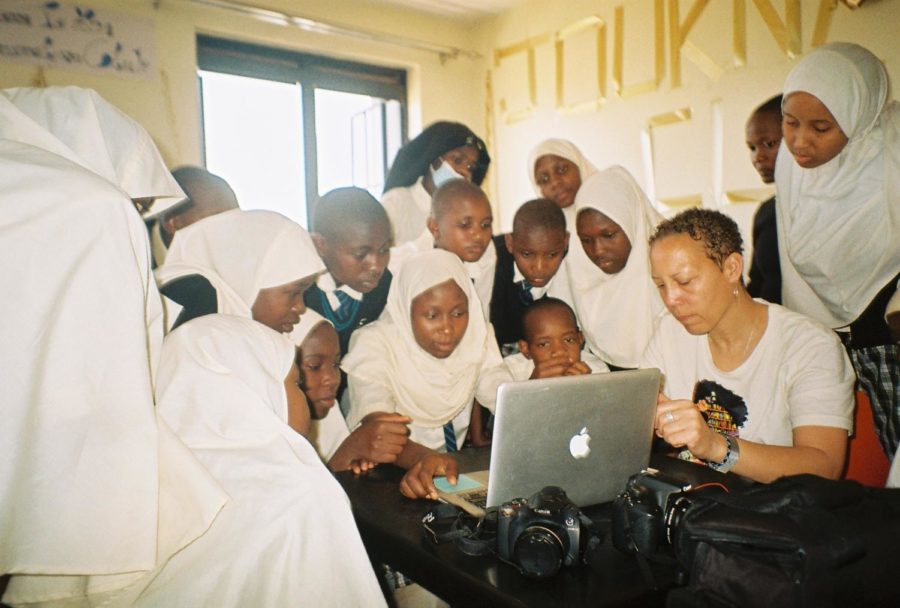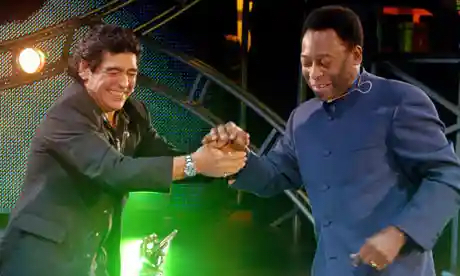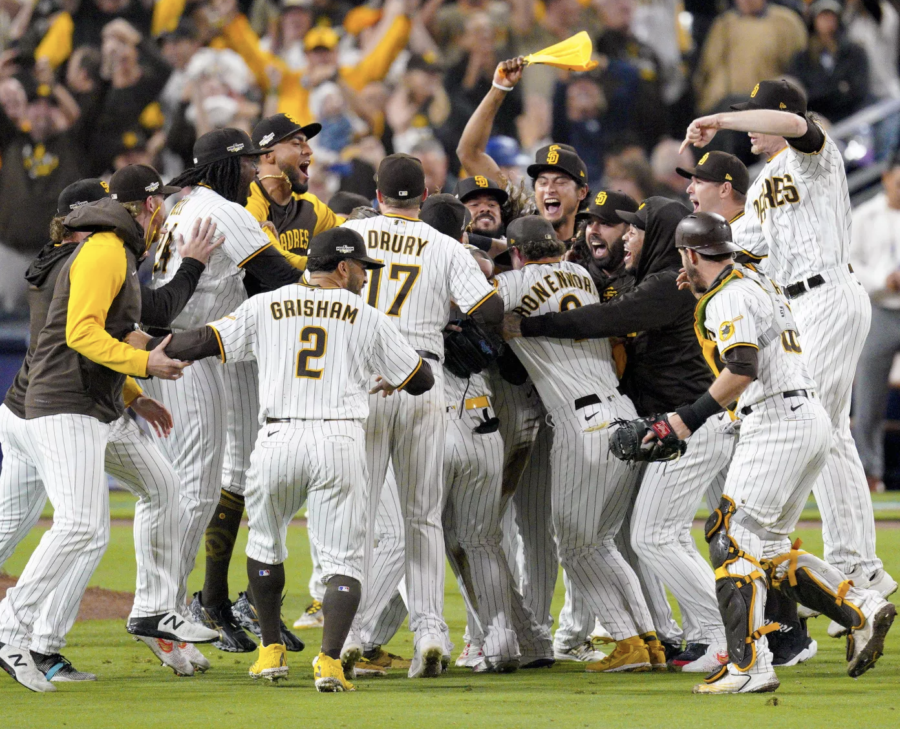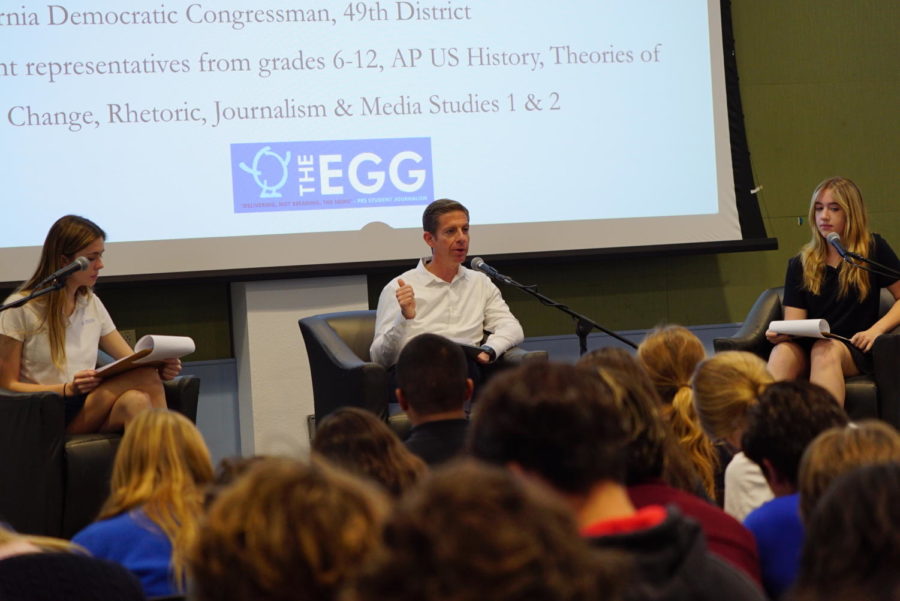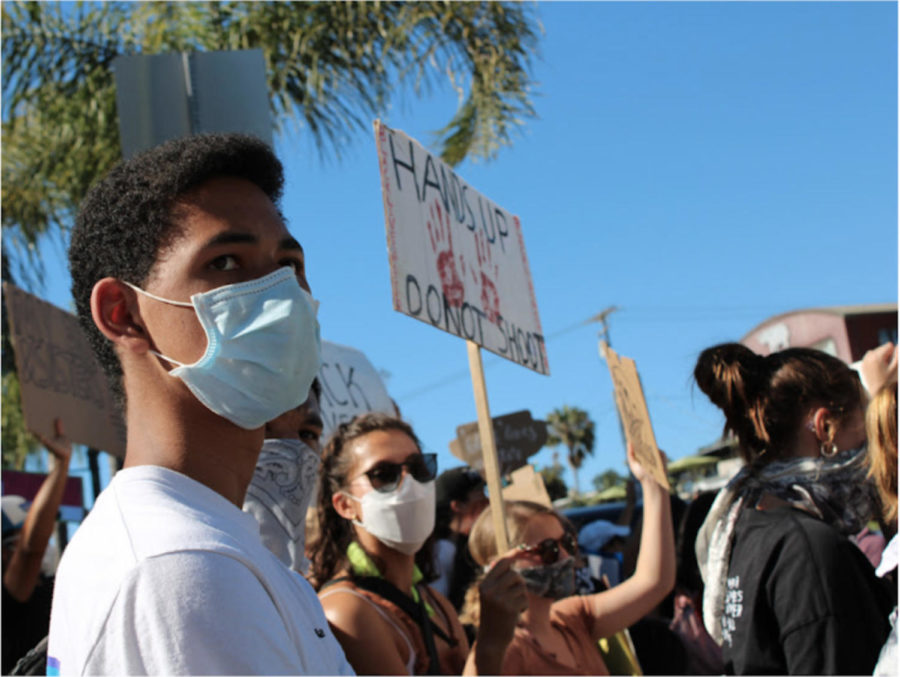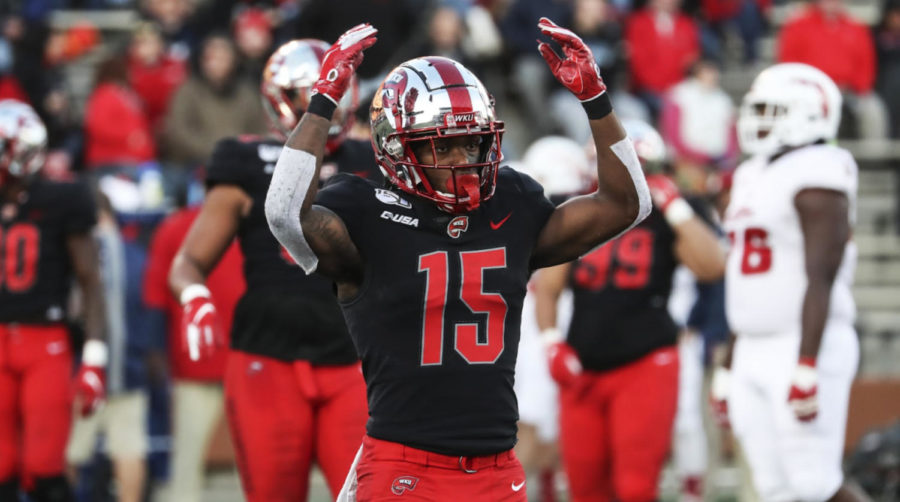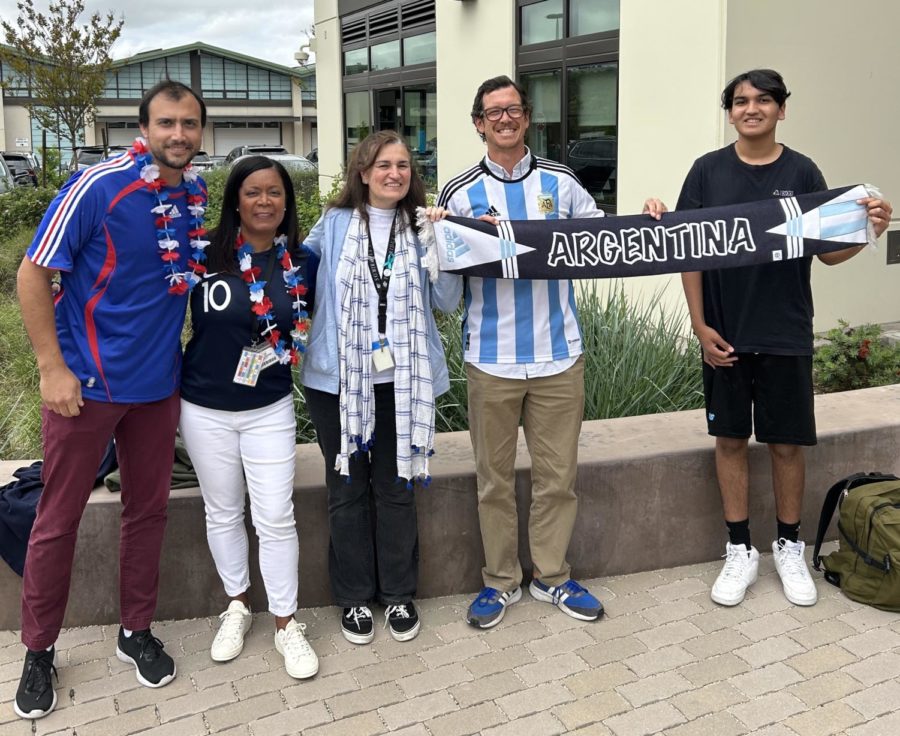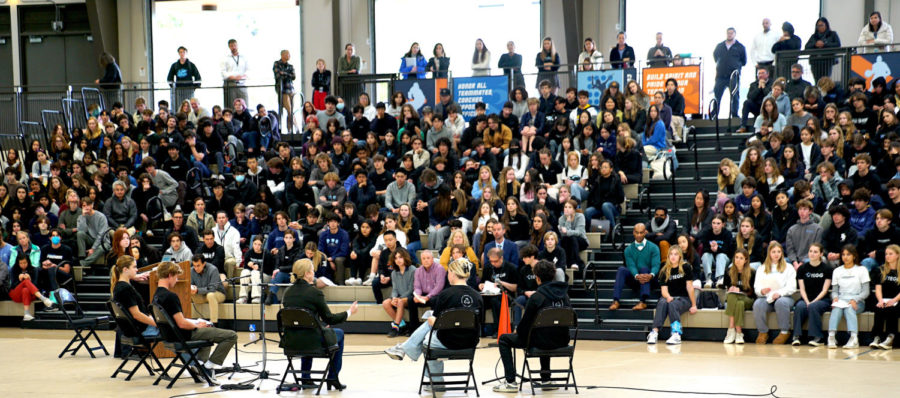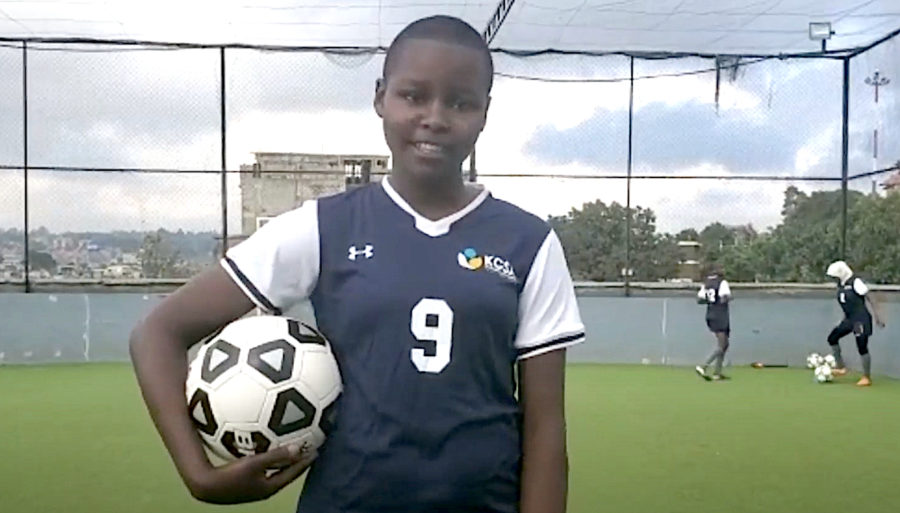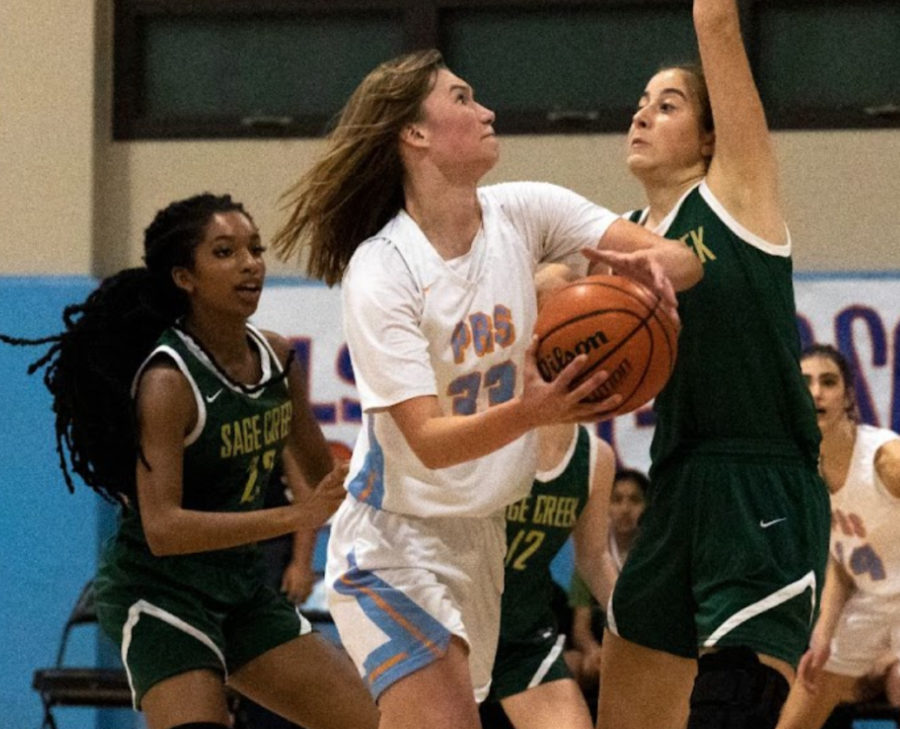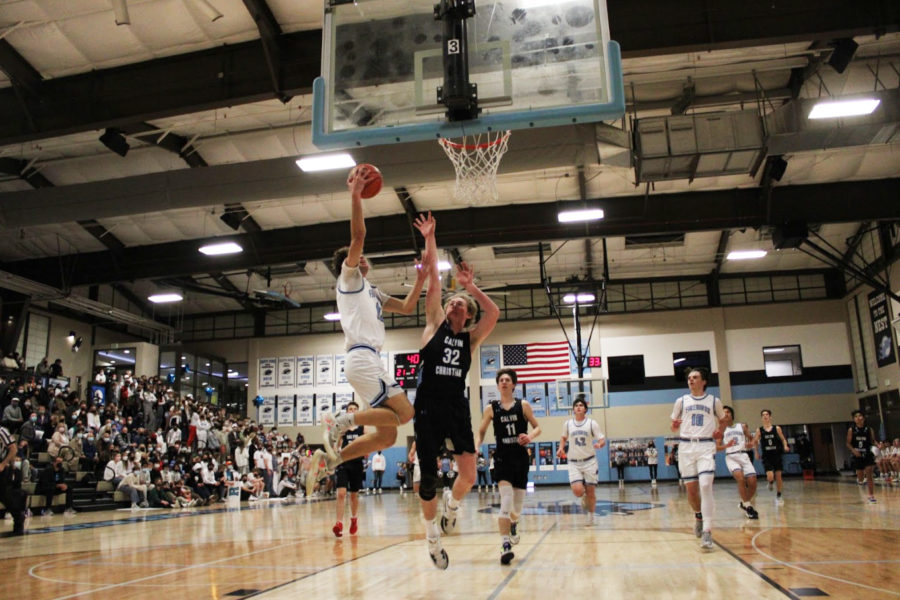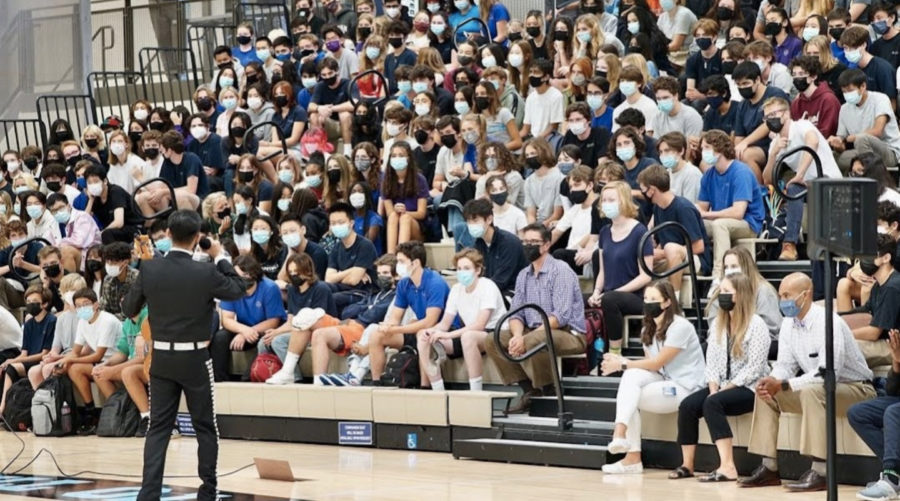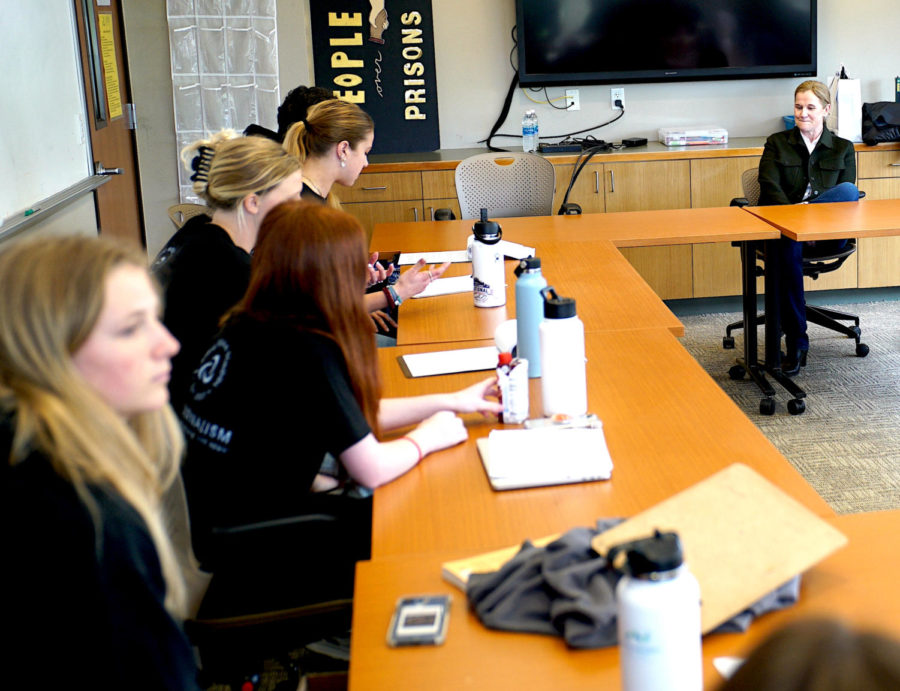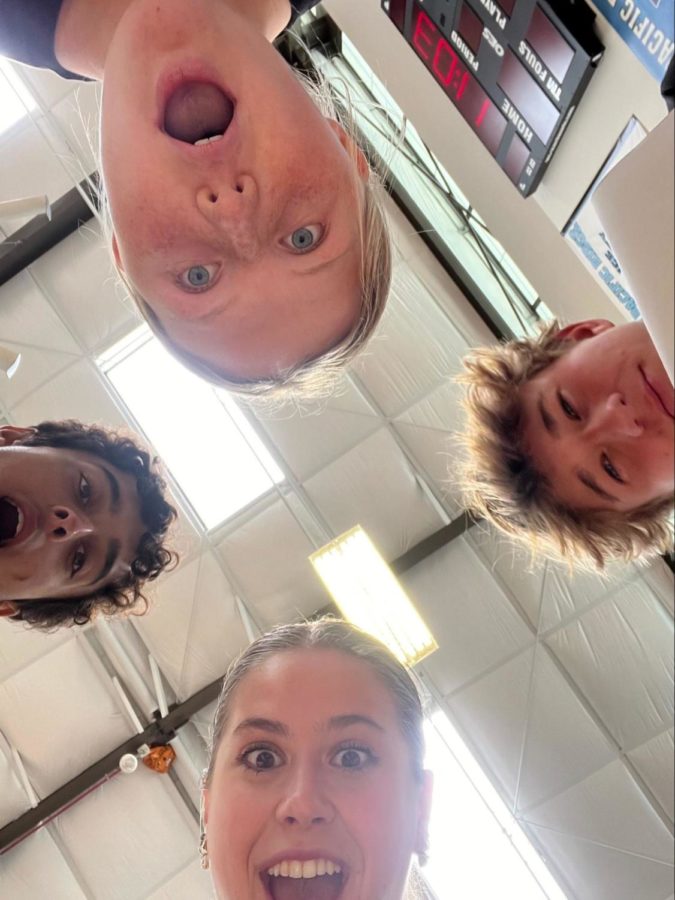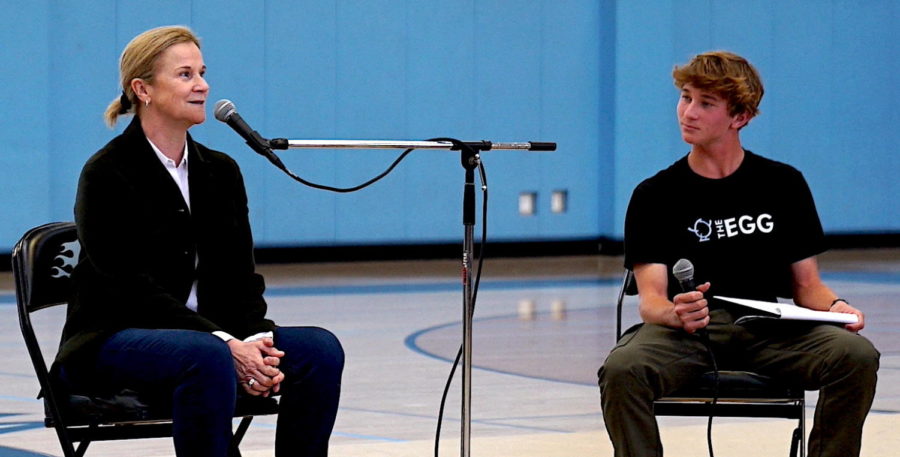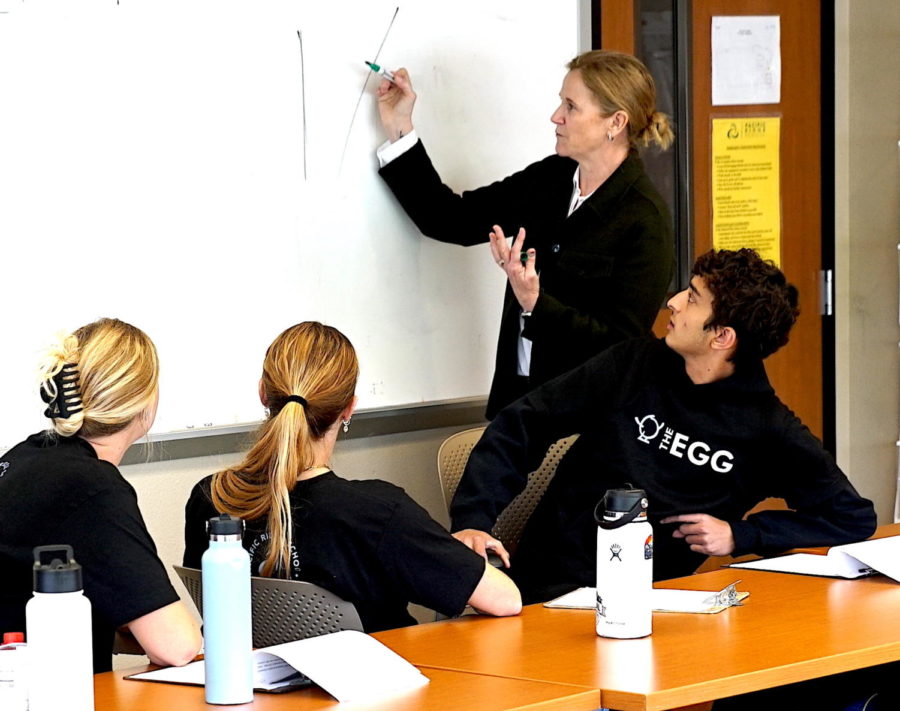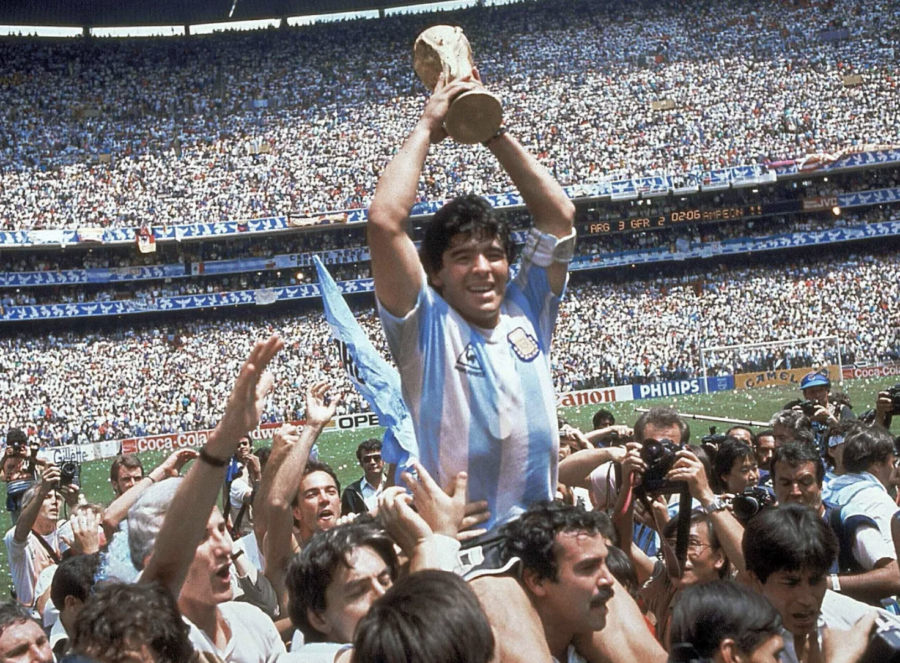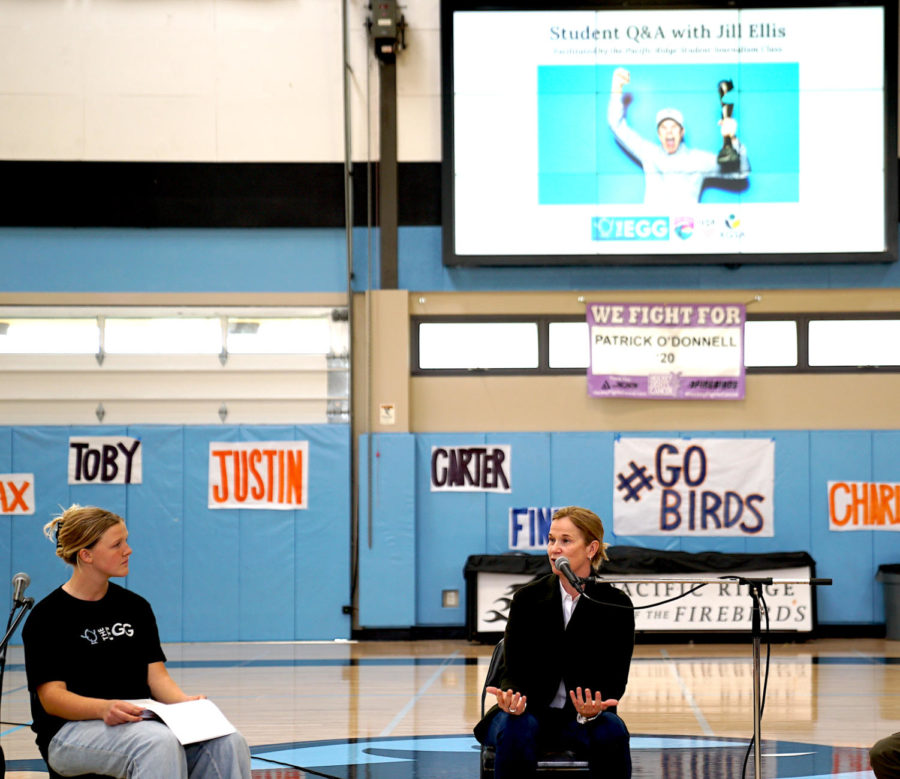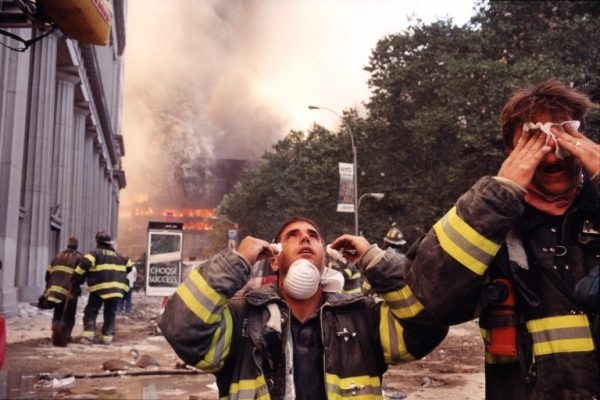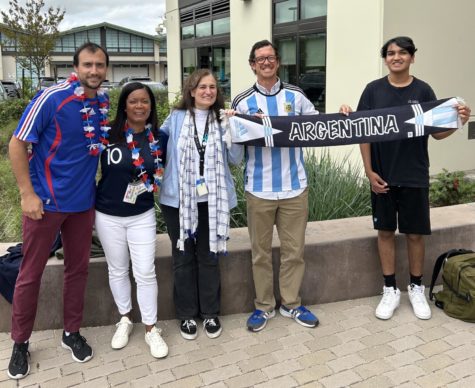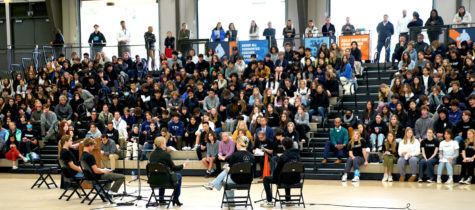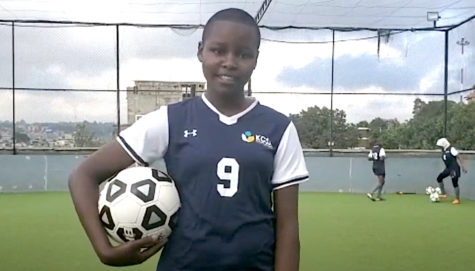Jill Ellis at PRS: Part 4
Losses & Life Lessons, Failure as a Path to Success
Question #10: Who was the toughest opponent you have ever had to face in your career—and how did you deal with that challenge?
Oh, that’s such a great question. I mean, gosh, there’ve been so many, so many good players, I’ve had the privilege of coaching against. I think the biggest challenge was possibly when we had to play France in the quarterfinals of the 2019 World Cup. Why it was so hard is they are so freaking good, like they are legit, they are tactically good, technically good, they have got a great mentality—they match us on almost every level—and they were playing in front of their home crowd, so it was 50,000 French fans. So, you know, rarely does the US play and they’re not the favorite team, but clearly we were getting booed and everything. There was this big expectation that we had to go through France to actually win, so it was a knockout game. So I think for us that was probably the game everyone had circled, it was the game to focus on. I think what we tried to do in terms of coming through it—our players, obviously I think we prepared them. We knew France really were very, very good on the flanks and wide areas. So actually the way we set up was to force everything central, down our guts. We tried to eliminate them to play wide because they were so fast. I think just the players bought into the game plan, executed it. I think it strengthened us to go forward and win the whole thing because it was such a big hurdle to overcome.
Question #11: What’s the biggest lesson you’ve ever learned from a failure or a loss?
Oh boy, I’ve got plenty of those, believe me. You know, it was the 2016 Olympics. So we won the World Cup in 2015, then we went to the Olympics—no team has ever won a World Cup and an Olympics back to back—and we were really excited to go down there and make history, but we ended up not medaling at all. We got knocked out in the quarterfinals. So we didn’t medal. Massive failure for our program, for our players, for myself. And what I realized at that point is, ultimately you recalibrate failure. What is failure ultimately? It’s feedback and opportunity. I got instant feedback after that game of how teams were gonna set up to try and beat us. They almost created a blueprint that I knew other teams were gonna try and follow. So I got that feedback and I realized that I needed to diversify the talent of our players, meaning when teams take away your space, you gotta be able to play through the lines. When teams press you gotta be able to get behind the lines, so we had to be more tactically flexible—that was my feedback. And the opportunity you get from failure is, guess what, you get to move on and you get to try something else, regardless of whether it’s going for another major tournament, or a test, or anything.
That’s the biggest lesson I take away from failure, and the other thing I would say is failure and hardship are kind of foundations of success. We learn way more from failure. We used to go and pound a team 5-0. I didn’t learn as much about my team as when we had to struggle or we lost, because it really makes you hone in. When you go out and ace a test and you go, “Yeah that’s good, I’m awfully smart.” But when you don’t and you fail a little bit, then you kinda dig into the why and you actually learn more. So I heard this quote a long time ago, and I’ll share it with you guys, but basically it’s this message and Lily’s heard it millions of times. But this person said, “To truly enjoy the beauty of the ocean one must appreciate both the crest and the trough of the wave.” So, in your life, the things that are amazing, the things that go well, the things that are joyful, guess what, the things that stung, the things that sucked, the things that were hard, those are as important to you on your journey, because without them your journey is incomplete. So what I would say is that in 2016, that big loss, was actually the catalyst for our success in 2019, because I learned so much, our players learned so much, we rebooted this, we became a much better team because of it. When you’re having a bad day, just know, it will serve its purpose for you at some point.
Question #12: What’s the best advice you’ve received during your coaching career from other players, coaches, etc?
Woah, I’ve learned a ton. You know what I think I’ve learned from my players, and it’s not necessarily that they’ve said this directly to me, what I’ve learned from being around them is that I try and lead through two things, truth and empathy. What players really want to hear, they don’t want to hear candy-coated—they want to know the why and you want to be truthful. And you also have to recognize that words have an impact, so how you deliver that message. You know, I’ve had to cut players from their dreams. I mean these kids have had dreams their entire lives, and I’ve had to make that call and say, “I’m sorry you’re not going to the World Cup.” So explain truthfully the why, but also understanding that that’s going to leave a mark.
I think in terms of advice that I’ve had, I’ve had plenty of advice from my father, he was a coach. I have a lot of nuggets of wisdom from him. But I was fortunate that UCLA, when I was there, Coach Wooden was still around, John Wooden—you’ve probably never heard of him, well, I hope you’ve heard of him—but legendary coach, just an incredible human being. And I remember asking Coach one day, my second year after UCLA went to the finals—and the third year was my hardest year in coaching because you’re not sneaking up on anybody. Everyone’s got a target on your back and the whole thing. I remember I said to Coach Wooden, “Coach, you know, how do you handle the pressure?” And he looked at me with a twinkle in his eyes, and he said, “My dear, it’s a privilege—it’s a privilege because when there’s pressure,” and this a good message for you guys, “when there’s pressure it will force you to bring out the best in you and then the other part is that there’s pressure because there’s an expectation, you earned that expectation. So when you succeed in something and now there’s an expectation, remember what got you to that point and don’t change.” So it was really good advice as I started to go through my career.
For Jill Ellis at PRS: Part 5 (Starting a New Franchise in the National Women’s Soccer League & Building a New Future in San Diego), click here.
To return to the top page of Jill Ellis at PRS, click here.
To read about the experiences of PRS student journalists when staging the Jill Ellis event, click on the following links for reflections by Gwen Laats, Mykelle Brainard, Nolan Agresti and Evan Buchholtz.

